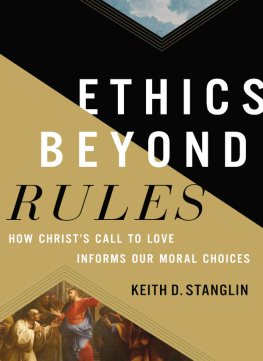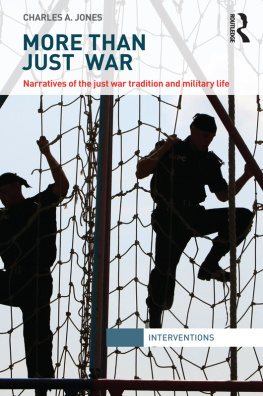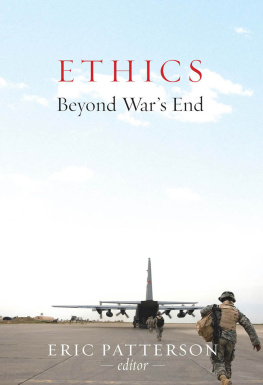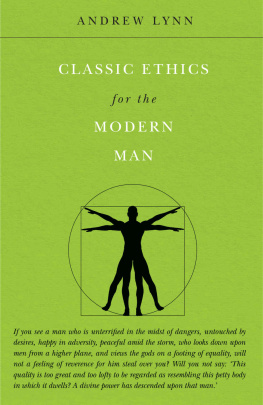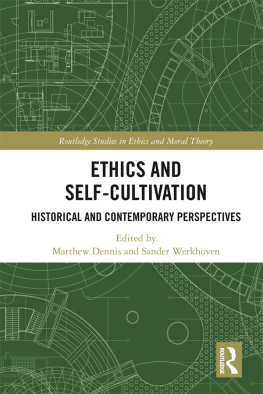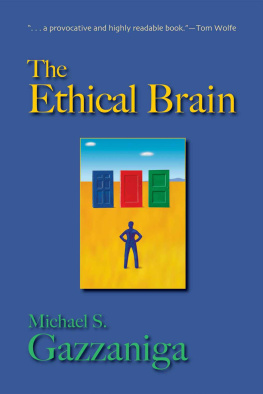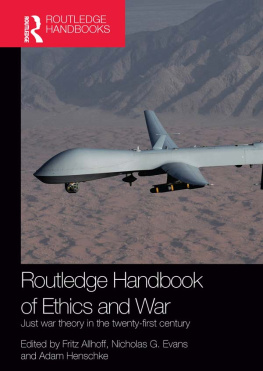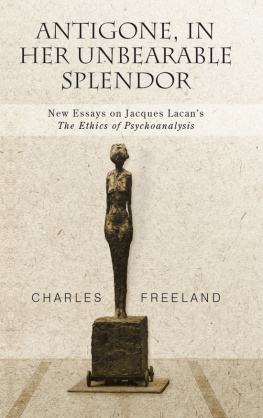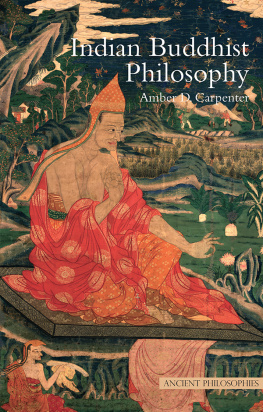JUST WAR
The Just War Tradition:
Ethics in Modern Warfare
CHARLES GUTHRIE
MICHAEL QUINLAN

First published in Great Britain 2007
Copyright 2007 by Charles Guthrie and Michael Quinlan
This electronic edition published 2010 by Bloomsbury Publishing Plc
The right of Charles Guthrie and Michael Quinlan to be identified as the authors of this work has been asserted by them in accordance with the Copyright, Designs and Patents Act 1988
All rights reserved. You may not copy, distribute, transmit, reproduce or otherwise make available this publication (or any part of it) in any form, or by any means (including without limitation electronic, digital, optical, mechanical, photocopying, printing, recording or otherwise), without the prior written permission of the publisher. Any person who does any unauthorised act in relation to this publication may be liable to criminal prosecution and civil claims for damages.
Bloomsbury Publishing Plc, 36 Soho Square, London W1D 3QY
A CIP catalogue record for this book is available from the British Library
ISBN 978-1-4088-2044-5
www.bloomsbury.com
Visit Walker & Company's Web site at www.walkerbooks.com
Visit www.bloomsbury.com to find out more about our authors and their books.
You will find extracts, authors interviews, author events and you can sign up for newsletters to be the first to hear about our latest releases and special offers.
CONTENTS
We are indebted, for encouragement and advice, to General Sir Hugh Beach; the Rt Rev. Thomas Burns, Roman Catholic Bishop of the Forces; the Rt Rev. Lord Harries of Pentregarth, formerly Bishop of Oxford; the Rev. Fr Damian Howard, SJ, of Manresa House; the Rev. Fr Jack Mahoney, SJ, Emeritus Professor of Moral and Social Theology, King's College London; and Dr David Rodin of the Institute of Practical Ethics at Oxford University. Any shortcomings in the book, however, are entirely our own responsibility.
C. G.
M. Q.
I
INTRODUCTION
Moral accountability is a central part of what it means to be a human being. Every human activity must be open to moral examination, to questions about what it is right or wrong to do. That applies even perhaps especially to extreme activities like armed conflict, where some of the normal ethical rules, like not killing, have to be overridden. 'War is hell,' said General William Sherman during the American Civil War. It is inevitable that in war terrible things happen, things which in any other context would be utterly intolerable. But that cannot mean that anything goes. Almost every society known to history has had to face the reality of war, and has at the same time had some accompanying notion, however incomplete, crude or odd it may seem to modern eyes, of moral limitation applying to war a recognition that even in the fierce struggle to prevail there are some things that absolutely ought not to be done, such as poisoning water supplies, cutting down the other side's olive trees (because they would take so long to grow again), executing disarmed prisoners, or killing women and children.
All the great religions of the world have contributed to this setting of limits, and so indeed have some nonreligious approaches such as rationalist humanism. They have developed thinking on moral values, rules and understandings to govern and restrain the use of military force. Both the Islamic and the Judaic faiths, for example, have substantial concepts in this field (a brief note on them is given in Appendix A). The structure of ethical analysis that has been most widely written about and most extensively developed, however, is the one shaped over a long span of time by Christian thinkers in what is called the 'Just War' tradition (even though the historical record of Christians in observing it faithfully is far from unblemished). Elements of this tradition underlie much of the international law of war accepted by all the member states of the United Nations.
For most of the second half of the twentieth century the countries of the developed world were largely insulated from the bitter experience of war by the paradoxically benign stalemate of the Cold War, under the fearful shadow of nuclear weapons. British, French and United States armed forces were often called into limited action, but few of these demands amounted to war in anything like the classical sense, and most other countries of the West had little or no occasion to use their forces in combat. Since the end of the Cold War in 1989, however, the realities of war have often forced themselves again more widely on the attention of governments and peoples. The United Kingdom and many of its allies and friends have had to commit their armed services to the use of force with consequent cost in lives on both sides in the liberation of Kuwait, in limiting murderous disputes amid the disintegration of Yugoslavia, in helping to cool brutal disorder in Africa, and most demandingly over several years in Iraq and Afghanistan. All these settings, in different ways, have served as reminders that moral discipline in the use of organised military power is still necessary and at the same time difficult the more so alongside rapid advances in what technology can do and the frequent need for soldiers to use severe force in situations, such as counter-insurgency operations, which do not fit tidily into long-established classifications like formally recognised and declared war between sovereign states. (This book, however, does not attempt to deal either with situations in which the term 'war' is used metaphorically as in 'the A war on organised crime' or with the use of coercion by the state in conflict-related tasks which may raise difficult moral questions but do not entail actual fighting, such as imprisonment, including that of prisoners of war, or interrogation.) Amid these changes the decisions which have to be taken by governments and armed forces at all levels have often become more complex and difficult, less clear-cut, leaving us in greater need than ever before of a workable and relevant moral compass.
In addition, the presence and immediacy of media reporting almost everywhere have brought the harsh facts of what armed conflict entails vividly to the awareness of publics most of whom have far less relevant experience and understanding of it than previous generations had. The need for moral guidelines that will be clear, practicable and credible both to the armed forces and to the peoples they represent and serve therefore remains as cogent as it has ever been.
In our judgement the Just War tradition which has lasted and evolved through centuries of change in the forms of warfare and of international affairs still provides the best available foundation for meeting this need. This book seeks accordingly:
to outline the origin and nature of the tradition;
to summarise the main features of its structure;
to suggest ways in which it bears upon current problems, and a few respects in which it may need to be adapted or reinterpreted to remain a relevant and robust guide in the changing circumstances of the twenty-first century.
II
THE ORIGIN AND NATURE
OF THE TRADITION
The work of Christian thinkers in developing the idea of Just War did not rest on any particular interpretation of what had happened in biblical times, nor on appeal either to what is said in the Old and New Testaments or to ecclesiastical authority such as that of popes. The Scriptures revered by Christians do not give any unequivocal message about war. The Old Testament has a great deal of war in it without any suggestion that God fundamentally disapproves of seeing His people defend themselves by force of arms sometimes indeed rather the contrary, and in ways that can seem uncomfortably rough to modern thinking. War obviously does not sit well with the spirit of the Sermon on the Mount, but the reported encounters of Jesus with members of the military profession do not convey any outright condemnation, even though they were soldiers of a foreign occupation. The thinking of Christian writers rests, just as that in several other traditions does, upon an endeavour, against the background of deep respect for the value of every human life, to arrive by careful thought at some rational discipline for an activity war which by its central nature must always threaten and take human life, not for the sake of killing but as an inescapable necessity to prevent or end harm.


